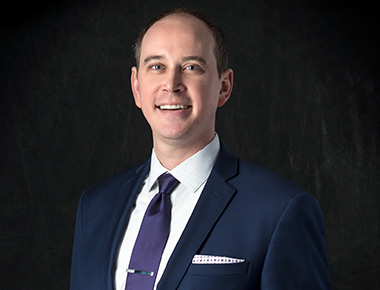Alerts
driven thinking
USCIS Makes Updates to Guidance and Increases Investment and Revenue Thresholds for the International Entrepreneur Rule
Overview
U.S. Citizenship and Immigration Services (USCIS) provided updated guidance on the eligibility requirements for the International Entrepreneur Rule (IER). Starting on October 1, 2024. USCIS will increase investment and revenue thresholds for inflation, as permitted by existing regulations which allow for increases every three (3) years.
Background
The Obama/Biden Administration introduced the International Entrepreneur Rule in 2017 for high-potential startups. The rule allows the Department of Homeland Security (DHS) to grant a period of authorized stay (parole) to noncitizen entrepreneurs on a case-by-case basis.
Key Elements of the Entrepreneur Rule:
- Entrepreneurs may be either living abroad or already in the US, and must own at least 10% of the US startup business
- Start-up entities must have been formed in the US within the past five years
- Spouses may apply for employment authorization after being paroled into the US (children are not eligible for employment authorization)
- Entrepreneurs may be granted an initial parole period of up to 2½ years
- Parole may be renewed for an additional 2½ years, for a maximum of 5 years
- Up to three entrepreneurs are eligible per startup
Increase to Investment/Revenue Thresholds
Starting on October 1, 2024. USCIS will increase investment and revenue thresholds for inflation.
For new applications, entrepreneurs must show at least $311,071 (up from $264,147) in investment from qualified US investors or at least $124,429 (up from $105,659) in qualified government awards or grants. If the startup only partially meets this criteria, alternate evidence of potential for rapid growth and job creation may be presented.
For a second period of authorized stay, entrepreneurs must show that the startup has received at least $622,142 (up from $528,293) in qualified investments, government grants or awards, created at least five qualified jobs, or reached at least $622,142 (up from $528,293) with an average of at least 20% in annual revenue growth.
The application fee will not increase.
New Criteria for Qualified Investors
USCIS also updated the criteria for qualified investors, requiring investors to have a history of substantial investment in successful startups.
The individual/organization must have made investments in startup entities of at least $746,571 (up from $633,952) in total within the last five years. After such investment, at least two of the startup entities must have created at least five qualified jobs or generated at least $622,142 (up from $528,293) in revenue with annual revenue growth of at least 20%.
Backlog Resolution
USCIS has indicated that as of May 2024, all applications have either been approved, denied or issued an RFE, and there is no backlog.
For questions, please contact your Gibney representative or email info@gibney.com.


